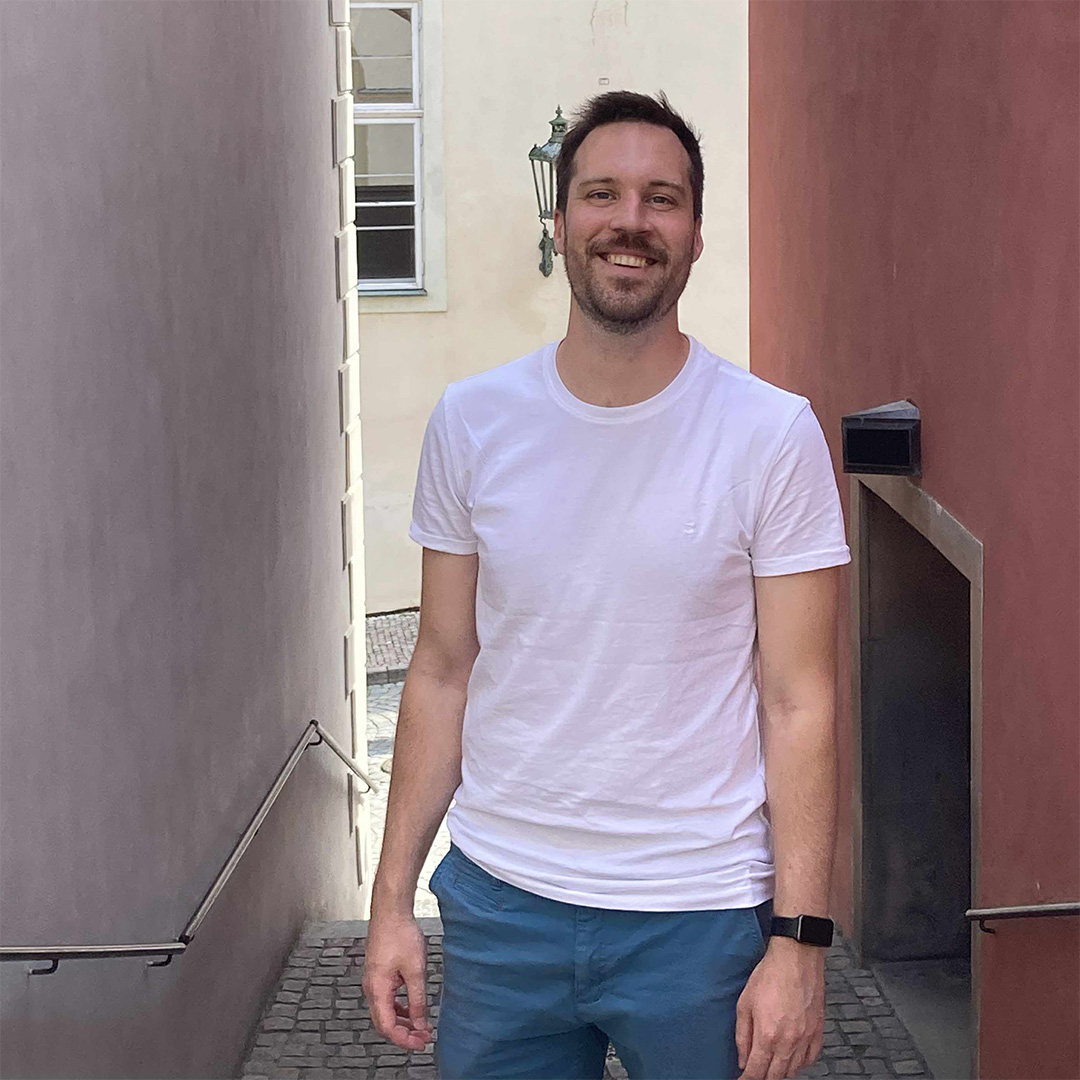The Beginning
I had just graduated from the University of Sopron when I joined Consortix. My thesis focused on web development, so at first, I tried to find a job in that area. That’s when I came across Consortix’s offer. What I found appealing was that although the position was in IT support, it wasn’t limited to ticket handling. There was a real focus on understanding the technical side as well. I liked the company, the people, and the overall activity.
My colleague Balázs, who started at the same time, later moved toward development and has also been progressing successfully on his career path.
During onboarding, I received a detailed training plan and the chance to have one-on-one conversations with everyone I would be working with.
Getting to know the technical background and becoming confident in working with SAS systems took a few months, but everyone was patient and supportive. Even ticket handling began with a mentoring system: at first, I just observed my mentor’s work.
Later, alongside everyday operational support, I was given UAT support and test plan creation, which allowed me to gain in-depth knowledge of the system. I genuinely enjoyed this work (even though many don’t) because there’s something rewarding about building a complex test plan and seeing the system take shape.
Contrary to what many imagine, IT support here is highly diverse, which prevents it from becoming monotonous. Thanks to this variety, it took a long time before I felt my professional development was slowing down.
The First Steps
When I first arrived, I wasn’t thinking about career progression yet. My main motivation was gaining technical knowledge. Consortix is a relatively flexible and democratic organization, so there wasn’t a strict, predefined path. That has its pros and cons: we didn’t draw sharp boundaries around responsibilities, so I often had to step into areas not strictly part of my role. Looking back, this helped me deepen my knowledge significantly.
The Turning Point
A little over three years after I joined, a company-wide renewal and transformation took place. A broader renewal reorganized Support from being integrated with the Development team to a dedicated department. I was asked to take on the role of team leader. Naturally, I felt honored, though I also had some hesitation but, in the end, I accepted, and almost a year later, I’m glad I did.
I drew confidence from earlier successes: producing test materials, being trusted with extra tasks, learning my role quickly enough to then train interns and newcomers myself. Over time, I took on broader responsibilities, and I feel I managed them well.
Another strong motivation was the positive feedback I received directly from clients, who said they enjoyed working with me.
It also helped that our company operates with an OKR system, which allowed us to manage and track goals, including those not strictly tied to daily operations, in an organized way.
As a leader, I was able to apply structured methodologies I had already worked with, so I had the tools to guide the team in a clear and systematic manner from the beginning.
An interesting challenge was that I took on the role in late October-early November, meaning I had to dive straight into year-end evaluations and goal-setting discussions with my team. Luckily, everyone welcomed the change positively, so I had no reason to worry. Thanks to them, I was able to step into this new role in a supportive, safe environment.
Today, the Focus is Different
As a team leader, I always strive to pay attention to my colleagues, listening to them, and noticing even the things that may not be voiced openly. I see it as my responsibility that once leading the team became second nature, I should focus on motivation and retention. Of course, this is a shared responsibility with HR and the management, but I have the biggest influence here: I work with my team every day, I organize their work, and it’s my job to make sure they enjoy being here.
Together with management, we regularly discuss how to optimize the team’s operation and where there’s room for improvement – there always is. Their positive feedback on my leadership has also been a strong motivator. I’m naturally modest, but I’m proud that “the house isn’t on fire” – we’re running smoothly, meeting the needs of the role. It feels good that my family and friends are proud of me, too.
What’s Next
In this role, I’d like to achieve the same as I did on the technical side: to reach the point where I can operate with confidence and routine, for example, in resource planning – just to mention one thing. That will open even more opportunities to introduce routines and methods that can make the team’s work easier.
Together with management, we are continuously working on shaping career paths for colleagues, so that from the moment they join, they have a clear perspective on their journey ahead. Naturally, this also concerns me, since my team includes colleagues who want to grow further.
Looking back, this journey has been about growth, trust, and stepping into responsibilities I hadn’t originally imagined for myself. What started as a role focused on learning technical details has turned into a chance to lead people and shape their paths, while continuing to build my own. I’m excited to see how these experiences will carry me and my team forward.







